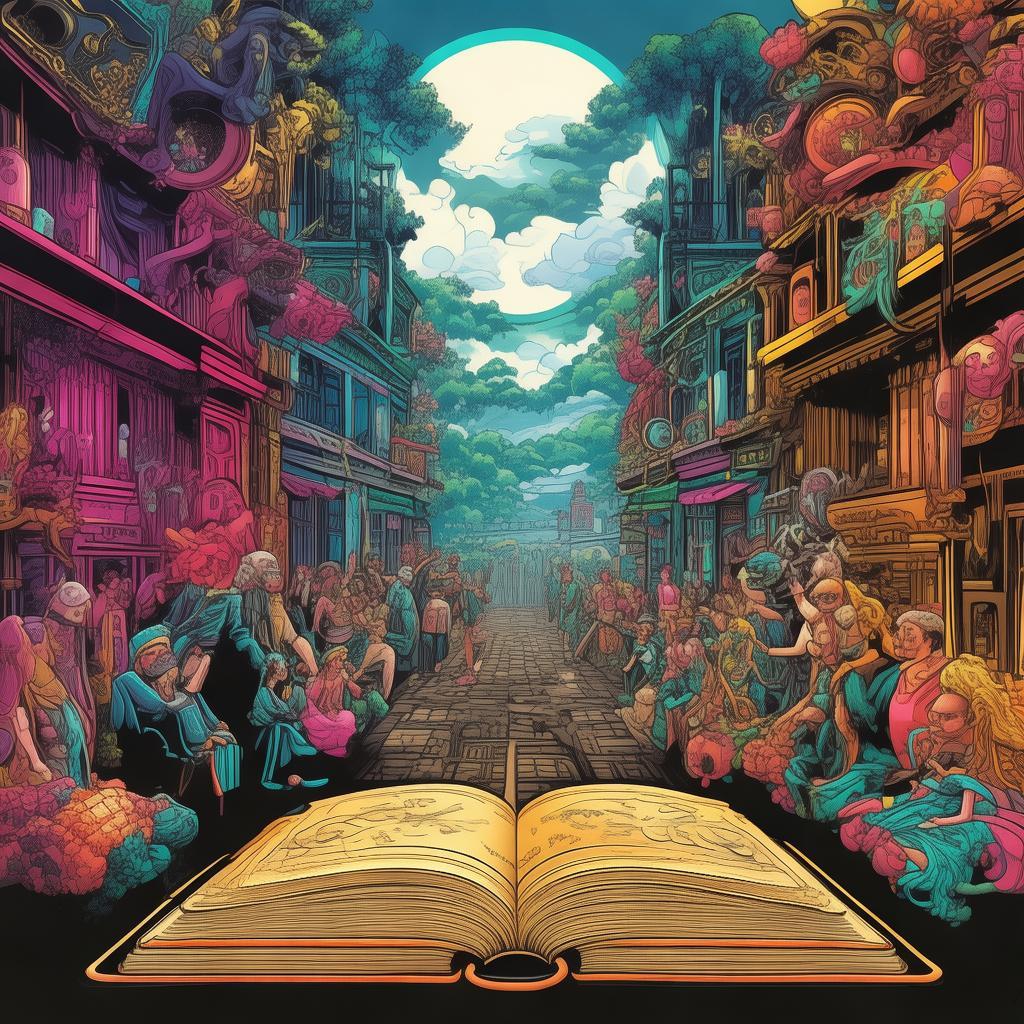The English Monarch's Lost Heir
In the heart of London, where the fog clung to the cobblestones like a shroud, there was a young woman named Eliza. She had no idea of her royal lineage, having grown up in the shadows of the bustling city, her life as ordinary as the rain that soaked the streets. But everything changed one rainy afternoon when she received an envelope through her letterbox, the seal unbroken, the handwriting unfamiliar.
Eliza hesitated, then torn between curiosity and fear, she unfolded the letter. It was an invitation, formal and elegant, addressed to "Lady Eliza Fairchild." Below the signature was a date that made her heart skip a beat: the very day of her birth.
Panic set in as she realized the implications of the invitation. She was no lady; she was a shopkeeper's daughter, with hands rough from work and a mind full of dreams that were never meant to be. But the letter spoke of a legacy, a birthright that had been lost to time.
Eliza's mother had always told her stories of the monarchy, of grand palaces and jewels that glittered like stars in the night sky. But these were fairy tales, meant to entertain, not to be believed. Yet, the letter spoke of a crown, a throne, and a royal bloodline that had been forgotten.
The next morning, Eliza found herself in the grandiose surroundings of the royal palace. She was greeted by a woman who introduced herself as Lady Eleanor, a distant relative who had uncovered the truth about Eliza's birth. Lady Eleanor explained that her mother, the Queen, had been forced to abandon her child years ago, leaving her in the care of a loyal servant who had raised her as his own.
Eliza's head was spinning with the revelation. She was the lost heir to the British throne, a fact that could change her life forever. But with this newfound power came immense responsibility and danger. The palace was a web of intrigue, with many eager to claim the crown for themselves.
As Eliza delved deeper into her royal heritage, she discovered that her father was not the humble shopkeeper she had known, but a prince who had been banished for reasons she was yet to uncover. The revelation that her mother had been forced into hiding by her own family was shattering.
The royal court was a place of political maneuvering and deceit. Sir Reginald, the ambitious advisor to the King, saw Eliza as a threat to his power. He believed that if she were to claim her throne, it would undermine his own influence. With the help of a cunning and ruthless assassin, Sir Reginald set out to eliminate her.

Eliza's journey was fraught with danger. She had to navigate the treacherous waters of court politics, all while trying to uncover the truth about her parents and the secrets that had kept her in the dark. Her only allies were a group of loyal courtiers who believed in her right to the throne and a mysterious knight who had appeared out of nowhere, his presence as enigmatic as the purpose behind his quest.
The climax of her journey came when she was confronted by Sir Reginald and his assassin in the grand hall of the palace. The air was thick with tension as Eliza, fueled by a newfound determination, stood up to the man who had threatened her life. In a battle of wits and wills, Eliza outsmarted her enemy, revealing his true intentions and securing her place as the rightful heir.
With Sir Reginald defeated, Eliza was faced with a choice: to ascend the throne and rule as queen or to continue living the life she had known. She chose the latter, understanding that her true power lay not in the crown but in the love and respect of those around her.
In a final twist, it was revealed that her mother had been alive all along, living a quiet life under an assumed identity. The Queen had been forced into hiding not by her family but by political forces that feared her influence. Eliza and her mother were finally reunited, and the secret of her birthright was no longer a burden but a source of strength.
Eliza's story became one of hope and resilience. She had faced the darkest of times and emerged victorious, not as a queen, but as a woman who had found her voice and her place in the world. Her tale of courage and determination sparked a revolution in the hearts of the people, inspiring them to dream big and never give up on their dreams.
As the sun set over the palace grounds, casting a golden glow over the city, Eliza stood by the window, watching the lights of London come alive. She was no longer a lost heir; she was Eliza Fairchild, a symbol of hope and the enduring spirit of the human heart.
✨ Original Statement ✨
All articles published on this website (including but not limited to text, images, videos, and other content) are original or authorized for reposting and are protected by relevant laws. Without the explicit written permission of this website, no individual or organization may copy, modify, repost, or use the content for commercial purposes.
If you need to quote or cooperate, please contact this site for authorization. We reserve the right to pursue legal responsibility for any unauthorized use.
Hereby declared.









